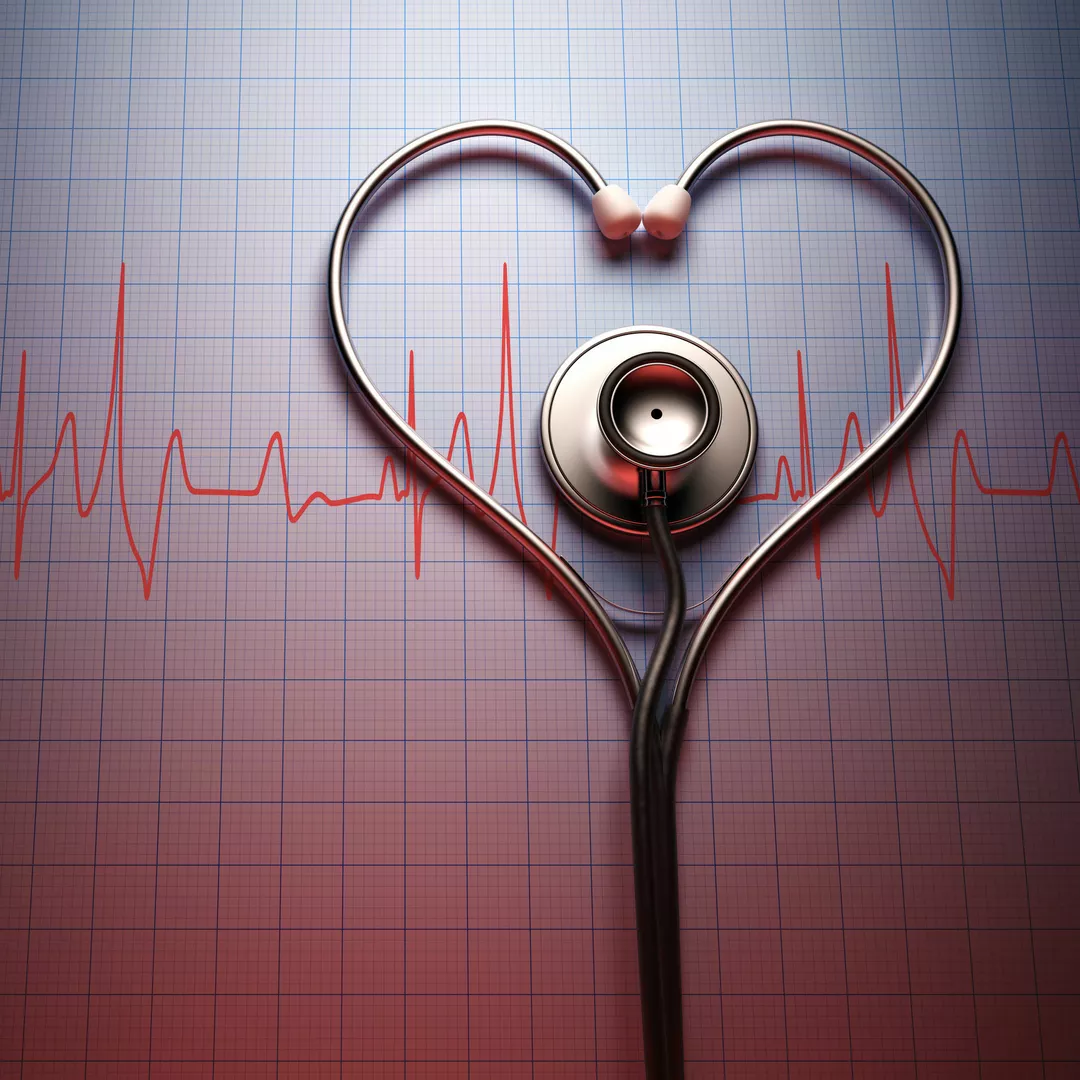What can someone expect from a check-up?
Depending on the symptoms being experienced, and the person’s medical history, we can do a physical examination and run tests like an electrocardiogram (ECG) to make sure the patient’s not experiencing anything else, because things like this can precipitate a cardiac event. For example, it’s possible for someone to have a heart attack after prolonged exposure to smoke because the whole body system is being irritated by the smoke and too much stress is placed on the heart.
If someone comes in and is just having more shortness of breath every time they’re outside, and when they’re indoors they’re completely fine, you know you might not need to investigate as extensively as in a case where someone has started off short of breath outside, but is now noticing that it continues when indoors. Those are the patients who need further assessment, like an ECG, chest x-ray or ultrasound.
If you are concerned about the effects of bushfire smoke on your health, please see your doctor or other healthcare professional as soon as possible.

